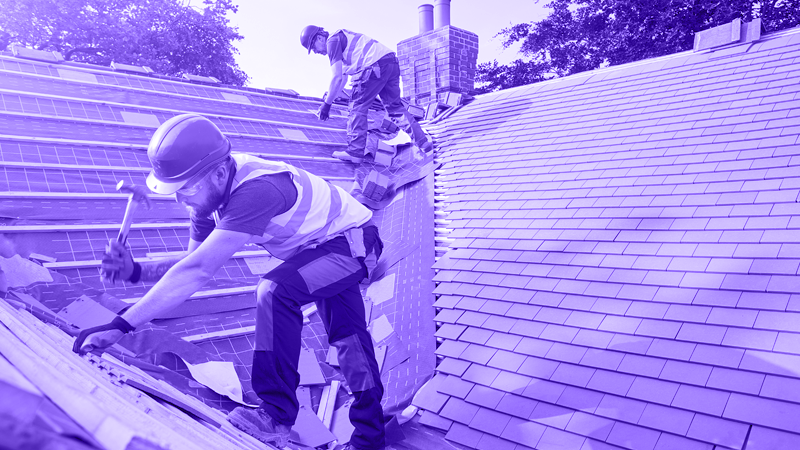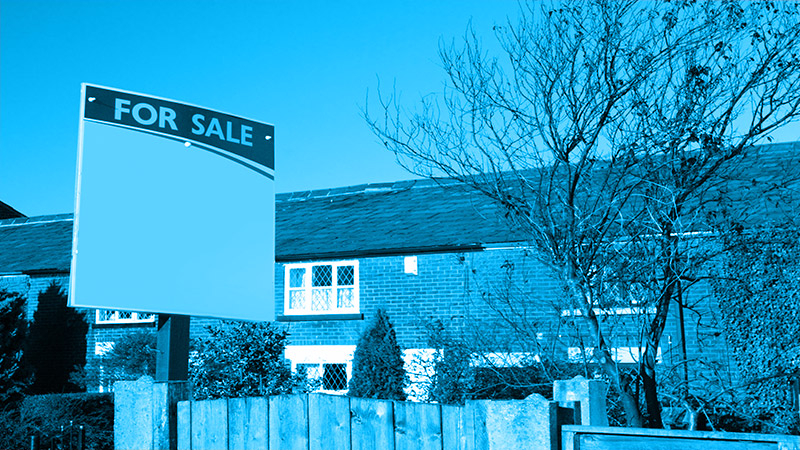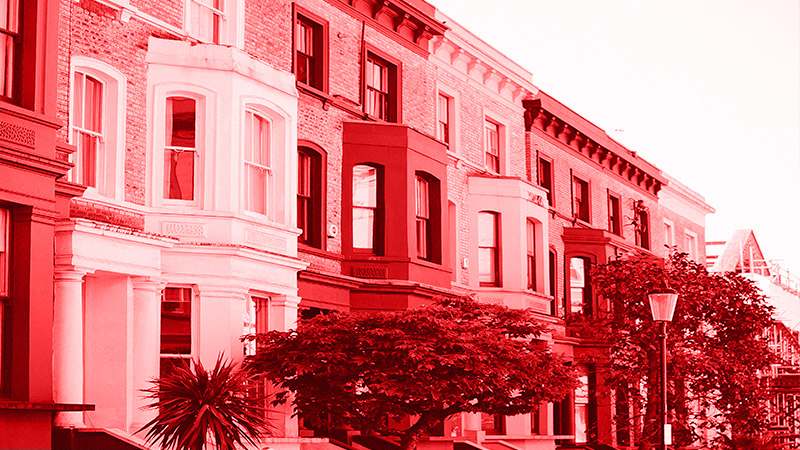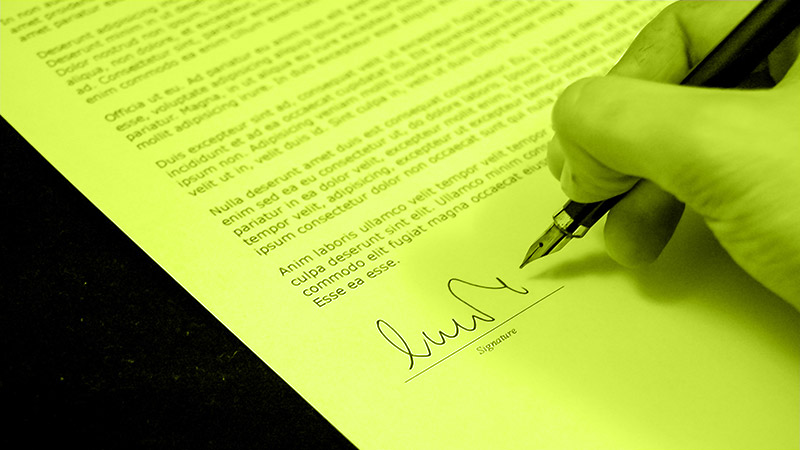The market value determines the cost of property in the UK. The market value is the estimated amount a property should exchange for between a willing buyer and a willing seller after valuation.
Although it can seem odd, you can find some properties selling under the estimated market value, and it’s a common and accepted practice.
If you’re looking for a mortgage for a house you’re buying below market value, there are various things to consider about how it will impact your mortgage application.
Here’s everything you need to know about how to get a mortgage for a house you’re buying below market value.
Can You Get a Mortgage for A House You’re Buying Below Market Value?
Yes. You can get a mortgage to buy a house below market value if you meet the lender’s eligibility and affordability criteria.
However, getting a mortgage for properties below market value can differ from a regular mortgage.
The circumstances of the sale can make the most significant difference among lenders.
The lender may be suspicious that the low price is a sign of collusion or fraud between the seller and buyer.
You can expect more scrutiny in the valuation and mortgage application, especially if you’re not buying from a family member or estate agent.
Why Would a House Be Sold Below Market Value?
You may get a house selling at below-market rates for various legitimate reasons. These include:
- Buying a house from a family member – For example, parents with a property portfolio can help their children become property owners by selling the house at a cheaper price.
- A deliberately undervalued house – Sellers can undervalue a property to secure a quick sale, especially if they’ve encountered cashflow problems and need fast cash. Selling the property may provide the funds they need for a larger project to continue.
- Financial difficulties – Financial distress can be a solid motivator for lowering the price of a property. The seller may reduce the price to attract prospective buyers and avoid issues like bankruptcy or imminent repossession. They may also be relocating in a hurry and need to raise quick cash.
- Auction sales – Properties in auctions sometimes sell below market value. Auctions usually include properties where quick cash sales are needed. Lenders may sell repossessed property and want to achieve a figure covering the outstanding cost only. Sellers can also knock down the property’s price to match the highest bidder of the day, which can be below the market value.
What Are the Eligibility Criteria for A Mortgage for A House Below Market Value?
You may find some rules around the eligibility criteria among some lenders when looking for a mortgage for such properties. These include:
Seller Restrictions
The lender can have rules you must follow about the person selling the property. For example, they may require that the seller doesn’t reside on the property after the sale completion.
They may also need to perform checks and seek professional advice if the seller is above 75 years as an extra precaution.
Loan-to-Value (LTV)
Most lenders will have rules around the maximum LTV ratio they’re willing to offer when buying a house below market value.
The LTV ratio is the mortgage size the lender can provide relative to the total value of the property you’re buying, expressed as a percentage.
Lenders usually offer a maximum LTV range between 70-95% of the sale price or valuation.
Deposit
Lenders will require a minimum deposit amount and may require you not to get the deposit as a gift. Higher mortgage deposits generally allow you to qualify for more mortgage deals and better rates.
Your choices will improve as your deposit gets larger, while low deposits will limit you to a few lenders, and they’ll likely have more stringent criteria you need to meet.
Your Relationship with the Seller
The lender may want to determine what kind of relationship you have with the seller and may have their definition of what they consider a relative.
The lender may be suspicious if the price looks too cheap and may want to determine whether you’re colluding with the seller or planning a fraud.
Solicitor Approval
Some lenders will require confirmation or approval from a solicitor guaranteeing that everything is above board before they can consider offering you a mortgage for a house you’re buying below market value.
What Are the Tax Considerations When Buying a House Below Market Value?
There can be specific tax considerations depending on the circumstances in which you’re buying a house under market value. These include:
Stamp Duty
Stamp duty is a property tax you pay in the UK when you purchase a piece of land or property.
The amount you pay depends on the purpose and value of the property you want to buy and the type of buyer you are.
When buying a property sold below market value, the level of the stamp duty will depend on the purchase price instead of the market value.
Capital Gains Tax (CGT)
The Capital Gains Tax is the tax you pay on a portion of the profit or the capital gain you get from selling land or property that isn’t your primary residence.
The CGT is calculated using the property’s market value instead of its sale price, and it only applies when selling secondary properties and not the property you live in.
The CGT level will depend on the circumstances of the person selling the property and the tax bracket.
Inheritance Tax (IHT)
There may be some inheritance tax liability if you buy the house from a parent. The discount between the sales price and market value can be considered a lifetime gift, and the beneficiary may need to pay a 40% IHT if the giver dies within three years of providing the lifetime gift. However, if they die after seven years, the IHT liability is 0%.
Final Thoughts
If you’re looking for a mortgage for a house you’re buying below market value, it’s worth getting some expert guidance and advice from an independent broker experienced in arranging such mortgages.
A mortgage advisor can present the options to you, prepare your application for the best possible outcome, and assist you every step of the way.
Call us today on 01925 906 210 or contact us to speak to one of our friendly advisors.

















